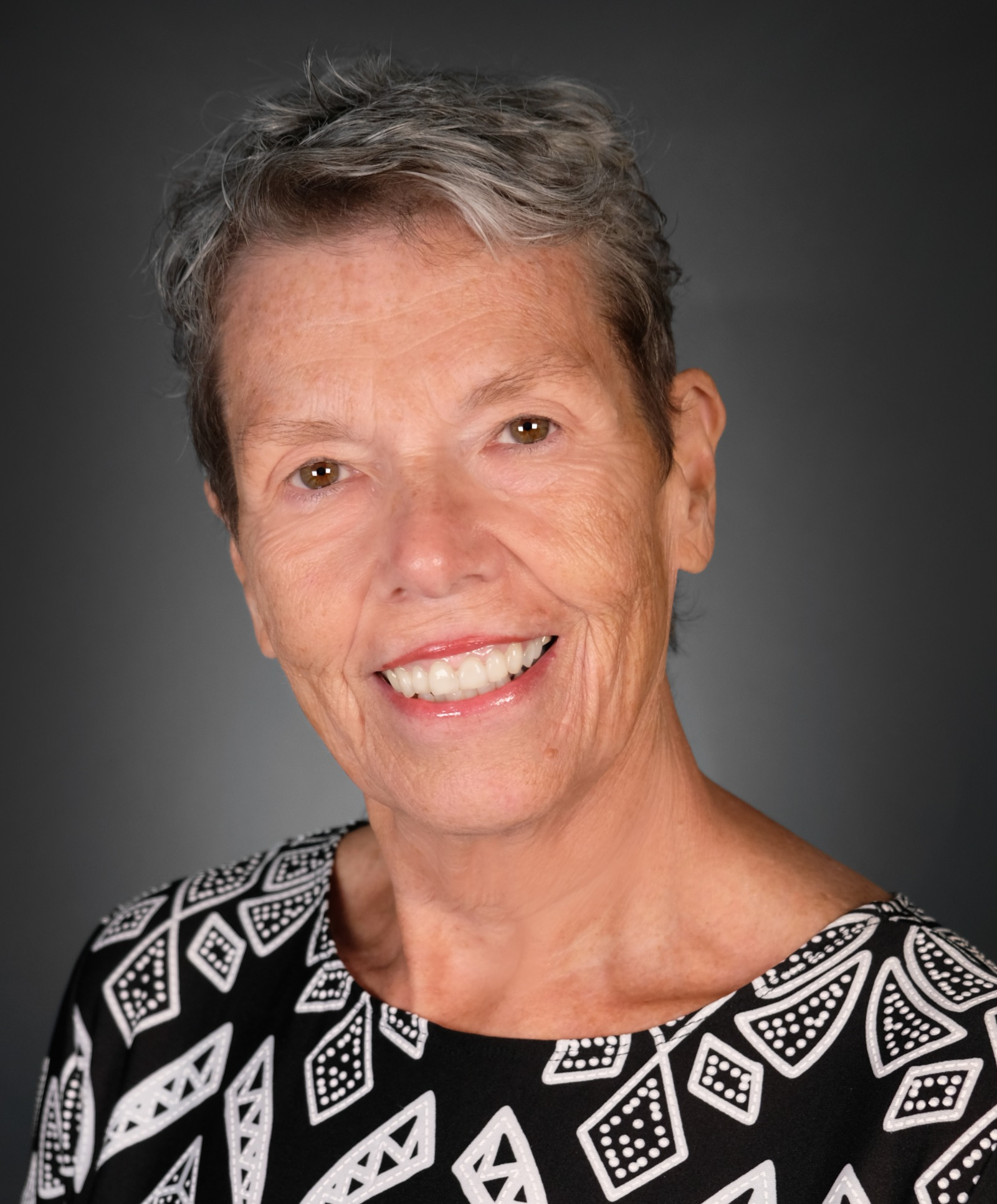Meet Our Consultants
Meet the diverse group of experts behind our innovative solutions. Our founder and collaborating consultants are leaders in health professions education, each with unique expertise and experiences.
-

Nehal Khamis, MD, PhD, MHPE, MAMSE (affil.)
Founder & CEO Smart MedEd Solutions (SMES),
Adj. Professor of Health Professions Education & GenAI, Medicine Dept., School of Medicine joint with MEHP Program, Johns Hopkins University,
-

David Kern, MD, MPH, MACP
Emeritus Professor of Medicine School of Medicine, Johns Hopkins University
-

Alice Fornari, EdD, RD, FAMEE, HEC-C
Vice President of Faculty Development, Northwell Health
Associate Dean of Educational Skills Development, Zucker School of Medicine.
-

Marian McDonald, M.D., M.Ed., FACS
Clinical Professor and Clerkship Site Director for Surgery at Temple/St. Luke's School of Medicine,
Chief of General Surgery at St. Luke's University Health Network (SLUHN) Allentown Campus,
Medical Director of SLUHN's Surgical Simulation Lab -

Mayur Narayan, MD, MPH, MBA, MHPE, FACS, FCCM, FICS, FACT, FAIM, MAMSE
Professor of Surgery Chief, Division of Acute Care Surgery, Trauma Medical Director, Director, Surgical Intensive Care Unit, Program Director, Surgical Critical Care and Acute Care Surgery Fellowships, Executive Director, Rutgers Acute Care Surgery Research Lab [RASR], Rutgers Robert Wood Johnson Medical School
-

Toni Ungaretti, PhD
Director and Founder, Masters of Education in the Health Professions (MEHP), a collaboration of Schools of Education, Medicine, Nursing, Public Health, and Business, Johns Hopkins University
-

Richard M. Satava, MD PhD (hc), FACS
Professor Emeritus of Surgery, University of Washington Medical Center
-

Belinda Chen, MD, FACP
Director, Faculty Development Programs in Curriculum Development, Johns Hopkins Bayview Medical Center
-

Nehad El-Sawi, PhD
Assistant Vice President, Academic Innovation and Enhancement /Academic Affairs, Des Moines University (DMU) Medicine and Health Sciences
-

Sara Kim, Ph.D.
Associate Dean for Educational Quality Improvement,
George G. B. Bilsten Professor in the Art of Communication with Peers and Patients, Department of Surgery, School of Medicine, University of Washington
-

Sean Tackett, MD, MPH
Associate Professor of Medicine, International Medical Education Director, Division of General Internal Medicine, Johns Hopkins Bayview Medical Center
-

Deborah Rooney, PhD
Associate Professor, Department of Learning Health Sciences Director, Education and Research in Simulation Director, 3D & Innovations Lab Clinical Simulation Center University of Michigan Medical School
-

Cate Nicholas EdD, MS, PA, FSSH
Director of Simulation Education and Operations, Clinical Simulation Laboratory
Associate Professor Ob/Gyn, University of Vermont
-

Tina Patel Gunaldo, PhD, DPT, MHS
Founder and Lead Consultant, Collaborate for Health
Co-Convenor, the American Interprofessional Health Collaborative
